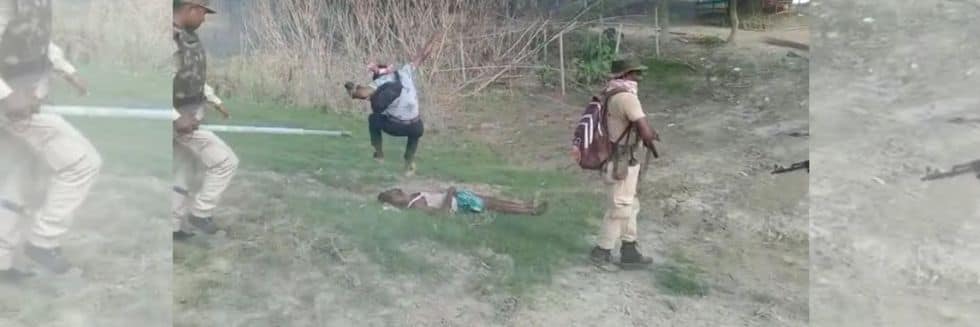Taking cognizance of the recent judgments, Supreme Court in a significant ruling noted that the courts while adjudicating cases like rape, sexual assault, and molestation should not suggest or encourage any steps towards a compromise between the accused and the victim like marriage or mediation as it is beyond their powers and jurisdiction.
The division bench of Justice A M Khanwilkar and Justice Ravindra Bhat also issued directions to the judges of all courts that bail conditions and orders should avoid reflecting stereotypical or patriarchal notions about women and their place in society and must strictly be in accordance with the requirements of the Cr. PC.
The directions issued which set to have a far-reaching impact on gender-related crimes will be applicable to the judges of all courts including subordinate courts, High Courts, and Supreme Court.
The apex court bench issued the directions while quashing July 30, 2020 order of Justice Rohit Arya of Madhya Pradesh High Court who had granted the bail to the rape accused on the condition if he ties a Rakhi on the victim. The bench noted that such an offer amounted to a gross trivialization of the trauma suffered by the Complainant in the present case.
“Using rakhi tying as a condition for bail, transforms a molester into a brother, by a judicial mandate. This is wholly unacceptable and has the effect of diluting and eroding the offence of sexual harassment. The act perpetrated on the survivor constitutes an offence in law and is not a minor transgression that can be remedied by way of an apology, rendering community service, tying a rakhi or presenting a gift to the survivor, or even promising to marry her, as the case may be. The law criminalizes outraging the modesty of a woman,” the apex court bench noted.
The bench also noted that discussion about the dress, behavior, or past “conduct” or “morals” of the prosecutrix, should not enter the verdict granting bail.
The court also stated that courts should desist from expressing any stereotype opinion, in words spoken during proceedings, or in the course of a judicial order, to the effect that:
(i) Women are physically weak and need protection;
(ii) Women are incapable of or cannot take decisions on their own;
(iii) Men are the “head” of the household and should take all the decisions relating to family;
(iv) Women should be submissive and obedient according to our culture;
(v) “Good” women are sexually chaste;
(vi) Motherhood is the duty and role of every woman, and assumptions to the effect that she wants to be a mother;
(vii) Women should be the ones in charge of their children, their upbringing and care;
(viii) Being alone at night or wearing certain clothes make women responsible for being attacked;
(ix) A woman consuming alcohol, smoking, etc may justify unwelcome advances by men or “has asked for it”;
(x) Women are emotional and often overreact or dramatise events, hence it is necessary to corroborate their testimony;
(xi) Testimonial evidence provided by women who are sexually active may be suspected when assessing “consent” in sexual offence cases;
(xii) Lack of evidence of physical harm in sexual offence case leads to an inference of consent by the woman.
Besides this, the court has also stressed upon the need of sensitization of all the judges, lawyers including public prosecutrix. Supreme Court mandated that a module on gender sensitization should be included as part of the foundational training of every judge.






